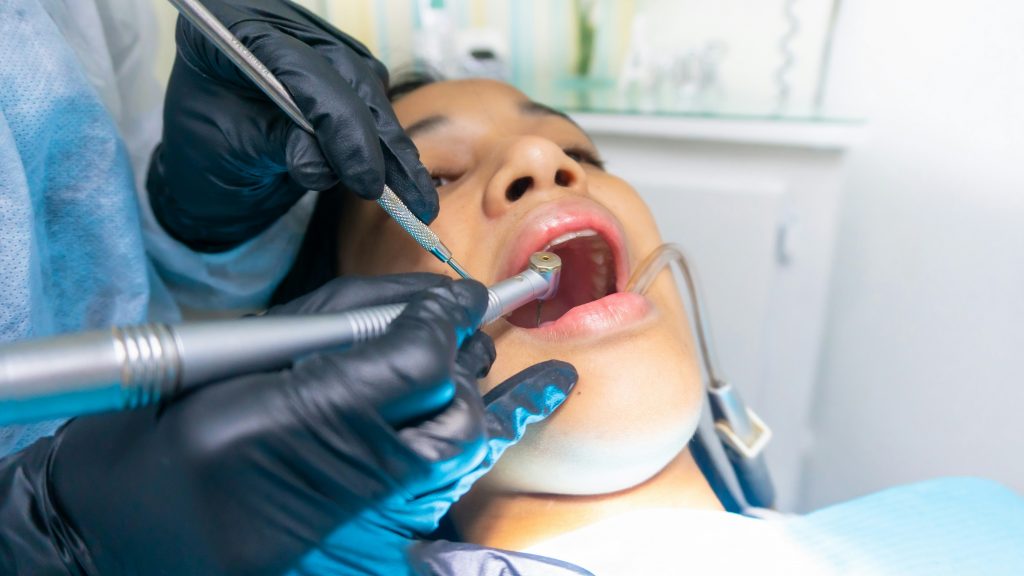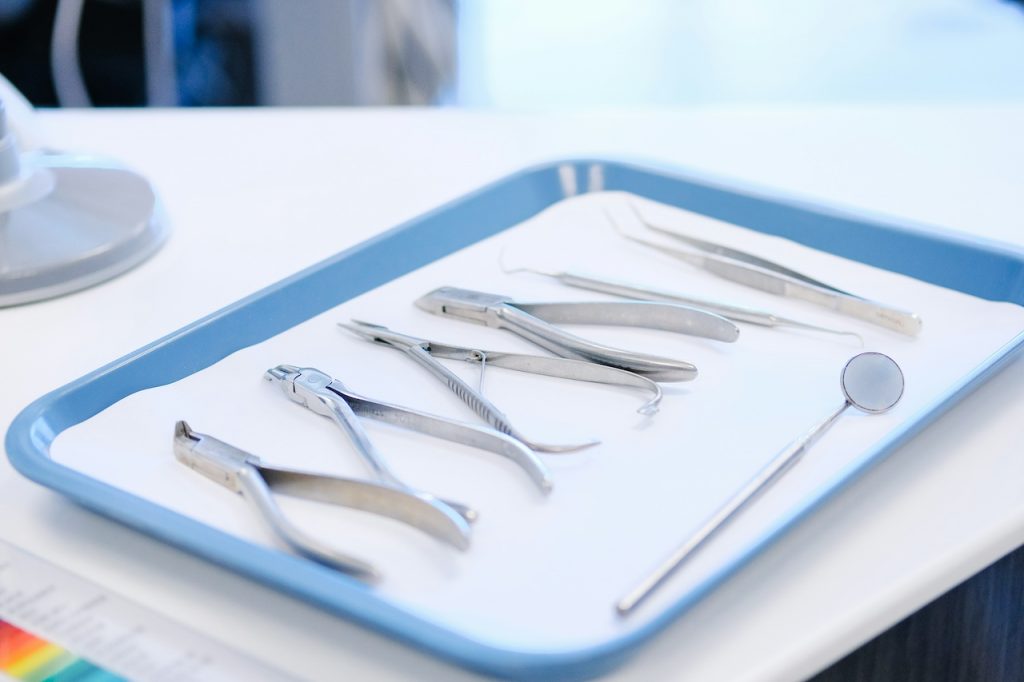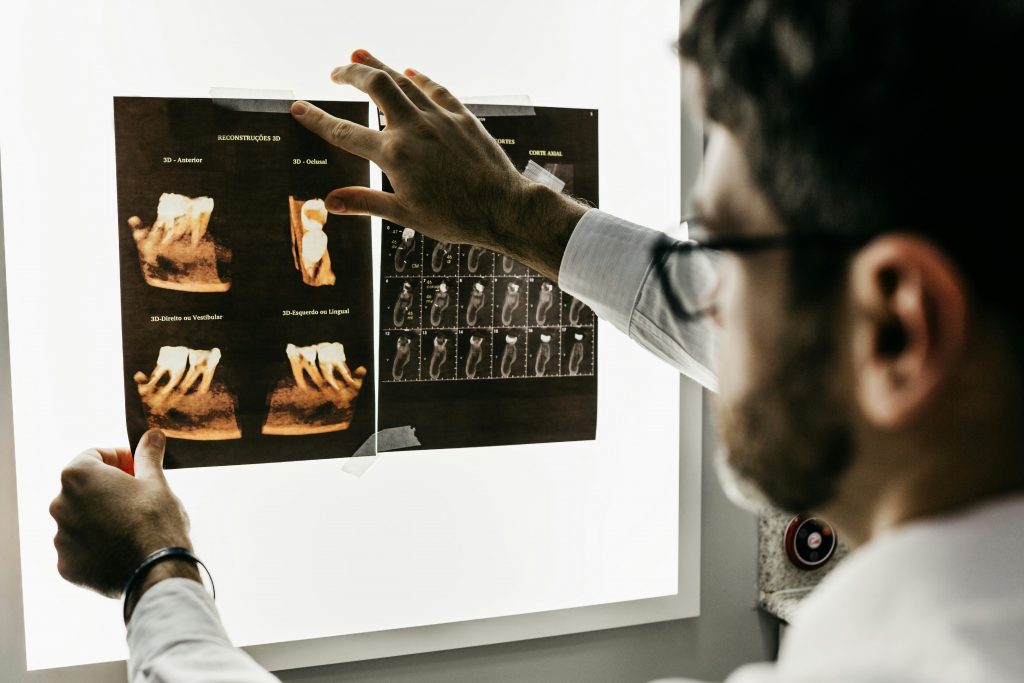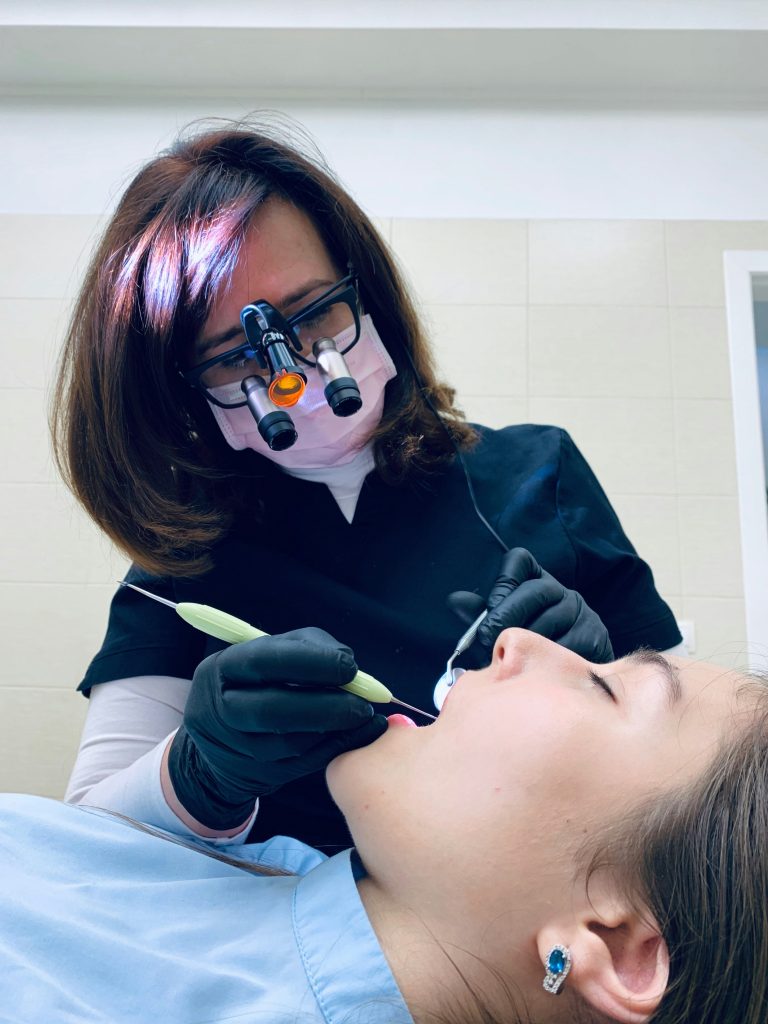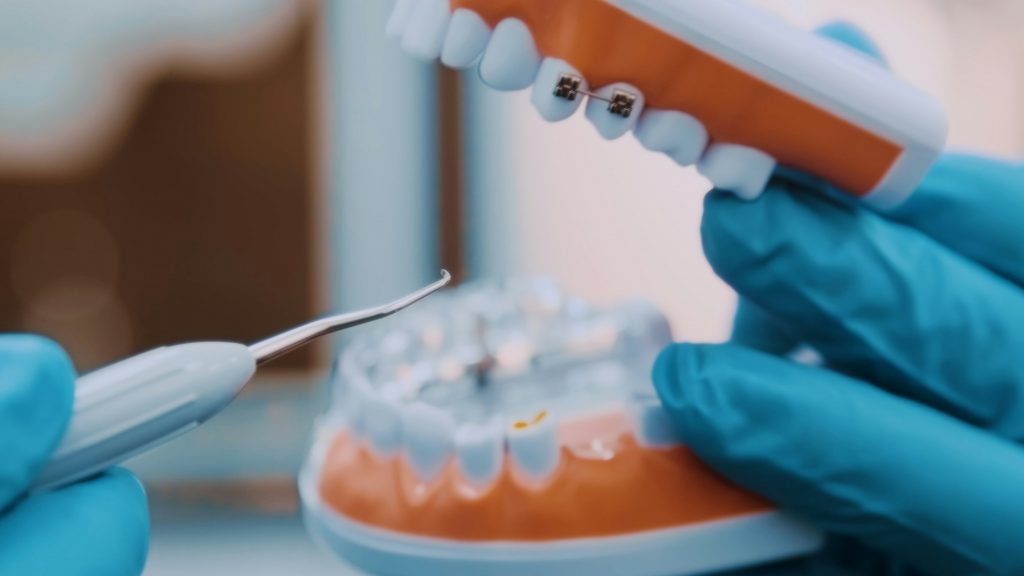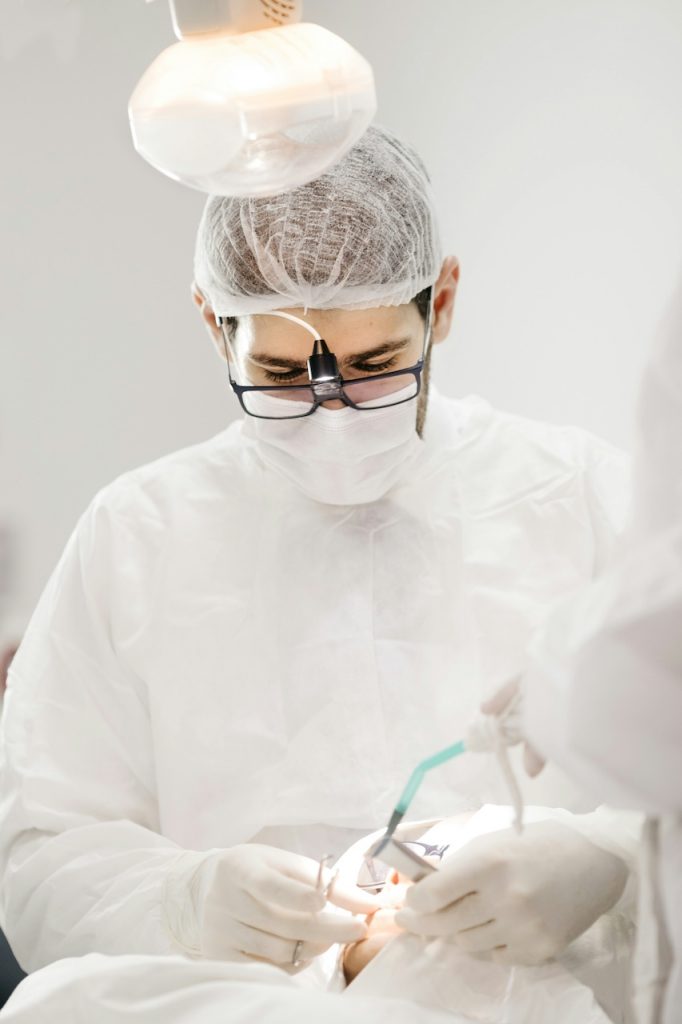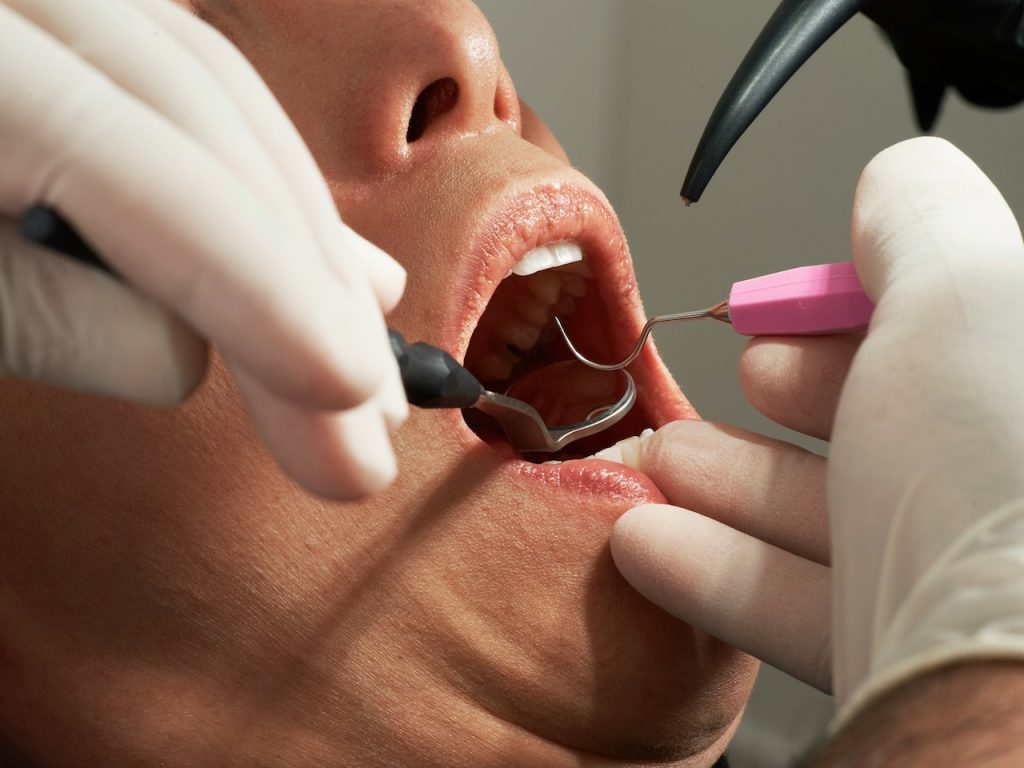Regular dental check-ups play a crucial role in maintaining overall health and wellness. These visits are not merely for keeping the smile bright; they serve as a preventive measure against serious dental and systemic issues, ensuring comprehensive oral health care.
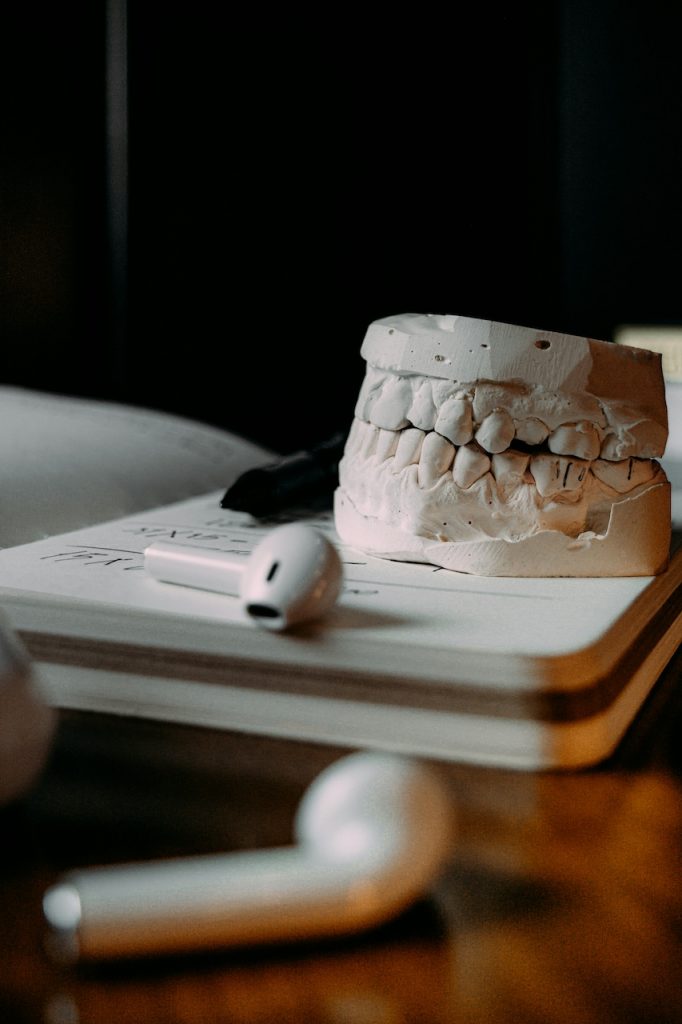
Holistic Benefits of Regular Dental Visits
Regular dental check-ups provide an opportunity to detect potential issues early. Early detection allows for less invasive treatments and better outcomes. Conditions such as cavities, gum disease, and even signs of systemic diseases like diabetes and cardiovascular conditions can often be identified during routine exams. By addressing these issues promptly, patients can avoid more complicated and costly treatments in the future. Medical Journal Reference: Integrative Dentistry and Medicine
Furthermore, holistic dental visits focus on the connection between oral health and overall well-being. A holistic dentist evaluates not only the teeth and gums but also the impact of diet, lifestyle, and environmental factors on oral health. This comprehensive approach ensures that each patient’s treatment plan is tailored to their unique needs, promoting long-term health and balance. Medical Journal Reference: Holistic Dentistry: Principles and Practices
What to Expect During a Holistic Dental Check-Up
A holistic dental check-up involves a comprehensive examination of teeth, gums, and the entire oral cavity. This may include digital x-rays to detect underlying issues that are not visible to the naked eye. Additionally, a professional cleaning helps remove plaque and tartar build-up, which can lead to more severe health issues if left untreated. The holistic approach ensures that each patient’s overall health and lifestyle are considered in their treatment plan. Medical Journal Reference: Holistic Dental Care: A Comprehensive Guide
During the check-up, the dentist will also assess the health of the jaw, neck, and lymph nodes, checking for any abnormalities that might indicate broader health concerns. Nutritional advice, stress management techniques, and natural remedies may be recommended as part of a holistic treatment plan, supporting the body’s innate ability to heal and maintain balance. Medical Journal Reference: Comprehensive Holistic Dental Examination
Preventative Care: Catching Issues Early
Regular visits allow for the early detection of a variety of issues. This includes not only dental problems like cavities and gum disease but also early signs of oral cancer and other health concerns. Early intervention often means simpler, less invasive treatments and a better quality of life. Preventative care is a cornerstone of holistic dentistry, emphasizing the importance of maintaining oral health to prevent systemic diseases and promote overall wellness. Medical Journal Reference: Early Detection in Dentistry
Holistic dental care also focuses on the prevention of dental problems through education and lifestyle modifications. Patients are encouraged to adopt healthy eating habits, practice proper oral hygiene, and make informed choices about dental products and treatments. This proactive approach helps to minimize the risk of dental and systemic diseases, supporting long-term health and vitality. Medical Journal Reference: Holistic Approaches to Dental Health
Scheduling regular dental check-ups is an essential step in maintaining both oral and overall health. By visiting a holistic dental office regularly, patients can prevent many common dental issues and ensure their well-being for years to come. Regular check-ups are an investment in long-term health and wellness, making them a priority in any holistic health regimen. This comprehensive approach not only protects the teeth and gums but also supports the body’s overall harmony and resilience.
For more information schedule with Dr. Barreto at www.drhankbarreto.com

